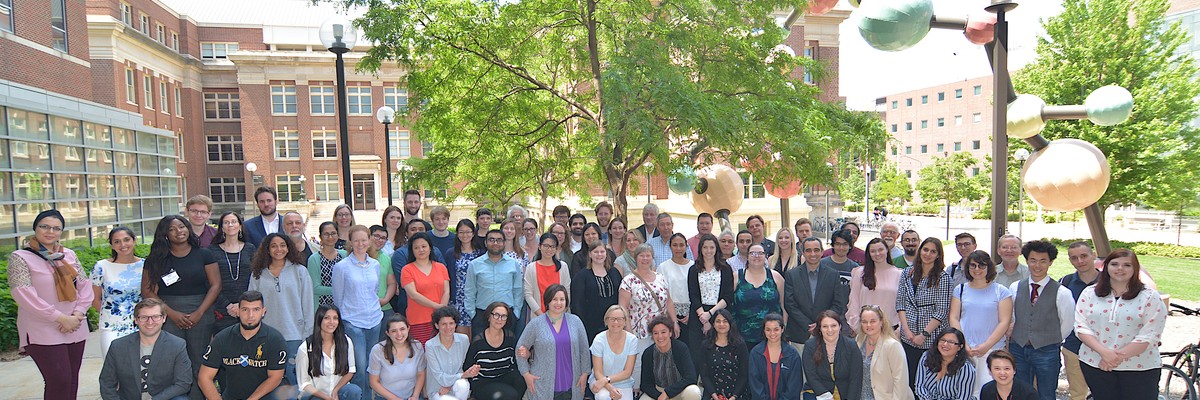Special Short Course/Pain Conference

Pain Mechanisms: From Molecules to Treatment
June 3rd through June 7th, 2019
Molecular and Cell Biology Building
University of Minnesota
Minneapolis, MN
Twentieth Anniversary
A short course will be offered through the U of M Pain Consortium in collaboration with the Karolinska Institute. Co-directed and taught by a team of more than 40 faculty from the University of Minnesota and the Karolinska Institute in Stockholm, Sweden, topics include the neurobiology of pain, the pathophysiology of chronic pain, human and animal models of chronic pain, translational pain research, common human pain syndromes, opioid prescribing and addiction considerations, treatment options and outcomes. Our Special Guest Keynote speaker will be Professor Greg Terman, M.D., Ph.D. of the University of Washington Department of Anesthesiology.
For the course schedule and list of faculty, please visit the U of M Pain Consortium website.
For registration, z.umn.edu/PainMechanisms
This course will be of interest to a wide range of participants, including physicians, nurses, pharmacists, dentists, and other healthcare professionals, including academia, clinical practice and industry. This activity has been approved for AMA PRA Category 1 Credit ™, ANCC contact hours, ACPE credit, and CDE credit hours. For full credit information, please visit the Continuing Professional Development website. Click here for course learning objectives.
For questions please contact Drs. George Wilcox ([email protected]) or Carolyn Fairbanks
([email protected]) or Ms. Oanh Nguyen ([email protected]).
This Short Course has been jointly provided by members of the U of M Pain Consortium and the Karolinska Institute and the University of Minnesota Medical School, Interprofessional Continuing Education. Offered in cooperation with Hubbard Broadcasting Family Foundation, Office of the Vice President for Research, Medical Discovery Team on Addiction, Office of Academic Clinical Affairs and Supported by the Karolinska Institute.